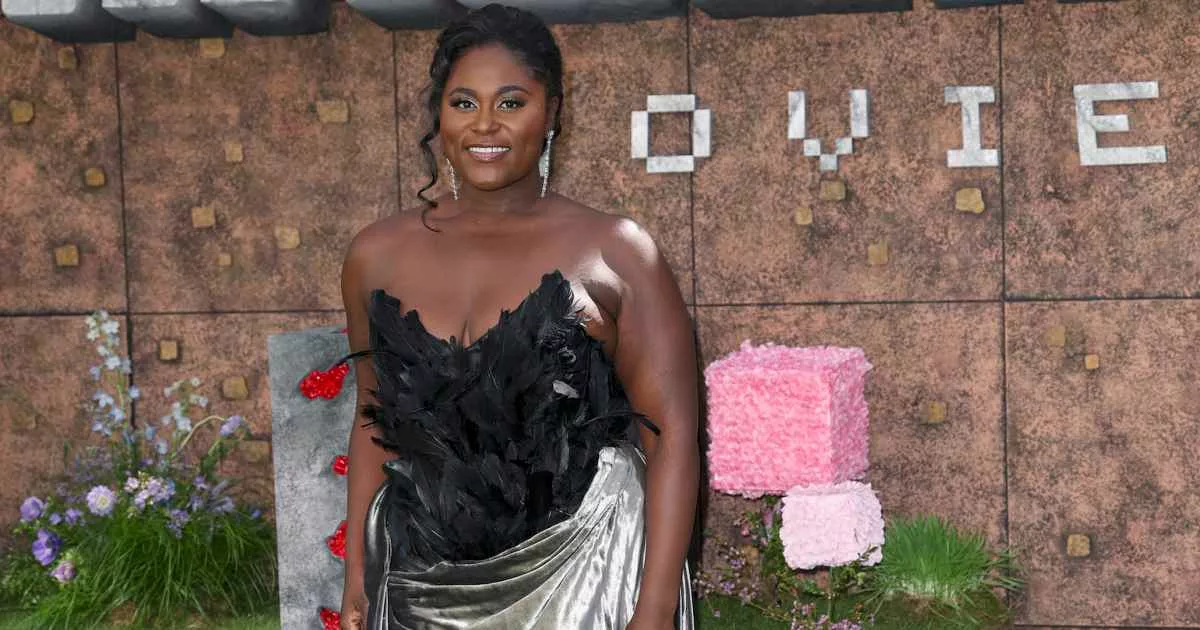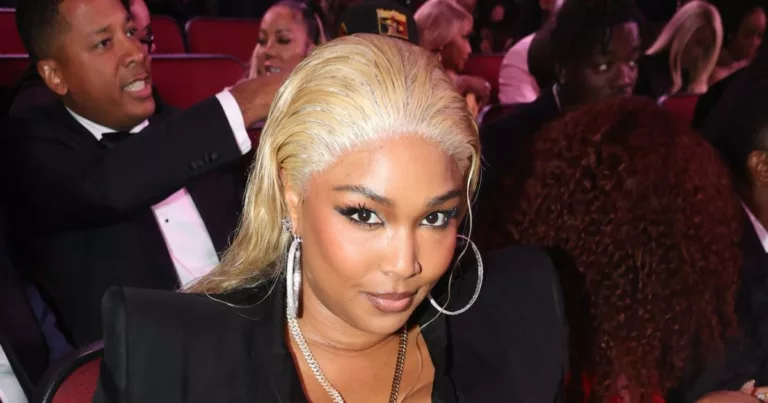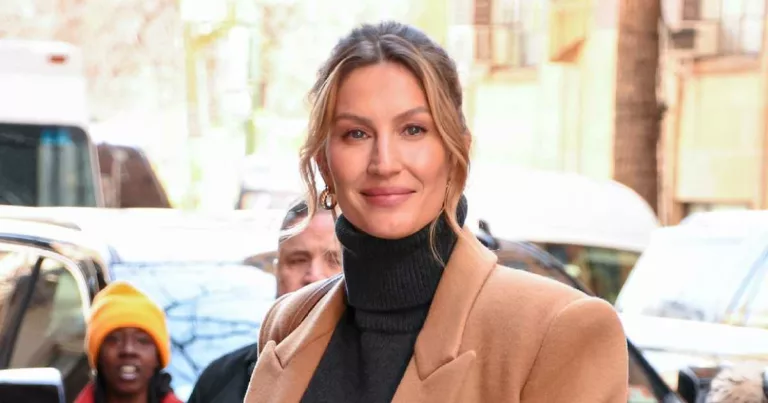Danielle Brooks Shares Her Challenging Abortion Experience
Danielle Brooks, known for her standout role in “Orange Is the New Black,” recently opened up about a deeply personal experience: her past abortion. During an emotional interview on the “Pregnant Pause” podcast, Brooks described the event as “really hard” and “very, very difficult.” She emphasized that the decision was not one she wanted to make, but felt it was unavoidable.
Reflecting on her experience, Brooks stated, “I think it’s important to share [and] I have been holding that for years now. I know that there’s some woman out there who might be experiencing the same thing.” Her candidness marks a significant moment in a broader conversation about women’s health and reproductive rights, especially as discussions around abortion access remain highly relevant in contemporary society.
Brooks explained that her need for an abortion stemmed from a medication she was taking at the time. “I was doing Accutane, and if you know anything about Accutane, when you are on [the medication], you are not supposed to get pregnant. It’s a requirement,” she said. The actress, who was performing in “The Color Purple” on Broadway and filming “Orange Is the New Black” simultaneously, faced a difficult choice when she found herself unexpectedly pregnant after meeting her now-husband, Dennis Gelin.
“I will never forget when I saw that pregnancy test. I broke down, and it wasn’t out of fear,” Brooks recalled. Instead, she was overwhelmed by the realization that she had always believed she didn’t want to be a mother. “But at that moment, I realized I wanted to be a mom, and that option was no longer on the table.”
This emotional revelation sheds light on the complexities many women face regarding motherhood and their reproductive choices. Brooks articulated feelings of guilt and selfishness following the procedure, emotions that many women can relate to but often feel pressured to keep silent about.
Brooks also highlighted the importance of support during such challenging times. “I had a great partner, which is what was most important to me. He helped me through that time, and that was one of the reasons I said, ‘This is my husband,’ because he’s showing up in the right ways,” she shared, underlining how crucial it is to have a supportive partner during emotional upheavals.
Before meeting Gelin, Brooks had doubts about whether parenthood was in her future at all. “I did not want children. I was one of those women who believed I was not going to be married and I was not going to have kids, and I was OK with that,” she admitted. However, her perspective shifted when she found love, leading her to reconsider her stance on motherhood.
The conversation surrounding Brooks’ experience is particularly poignant given the current climate regarding women’s reproductive rights in the United States. As many states grapple with restrictive abortion laws, public figures like Brooks who share their stories can help destigmatize the conversation around abortion and encourage empathy and understanding.
Brooks’ journey is not just a personal narrative; it reflects a broader trend among celebrities who are increasingly vocal about their reproductive choices. Stars like Chrissy Teigen and John Legend have also been open about their struggles with fertility and pregnancy, sharing their experiences to foster a sense of community among those facing similar challenges.
In the wake of her abortion, Brooks eventually became a mother, welcoming her daughter Freeya in November 2019. Her journey through motherhood has been marked by additional challenges, including a battle with postpartum depression. “I just really struggled to accept this new person that was emerging instead of realizing this new person is actually really dope and beautiful,” she said, further illustrating the often unspoken struggles of new parents.
As Danielle Brooks continues to navigate her career and motherhood, her willingness to share her past experiences speaks to the importance of representation and open dialogue surrounding women’s health issues. By shedding light on her abortion experience, Brooks not only empowers herself but also encourages other women to embrace their stories, fostering a sense of solidarity and understanding in a society often fraught with judgment and stigma.
In conclusion, Brooks’ candidness about her abortion experience is a crucial contribution to the ongoing discourse about women’s reproductive rights. It serves as a reminder of the complexities surrounding motherhood and the importance of support and understanding during such significant life changes. As discussions around reproductive health continue to evolve, stories like Brooks’ will undoubtedly play a key role in shaping public perceptions and fostering empathy for women’s experiences.






